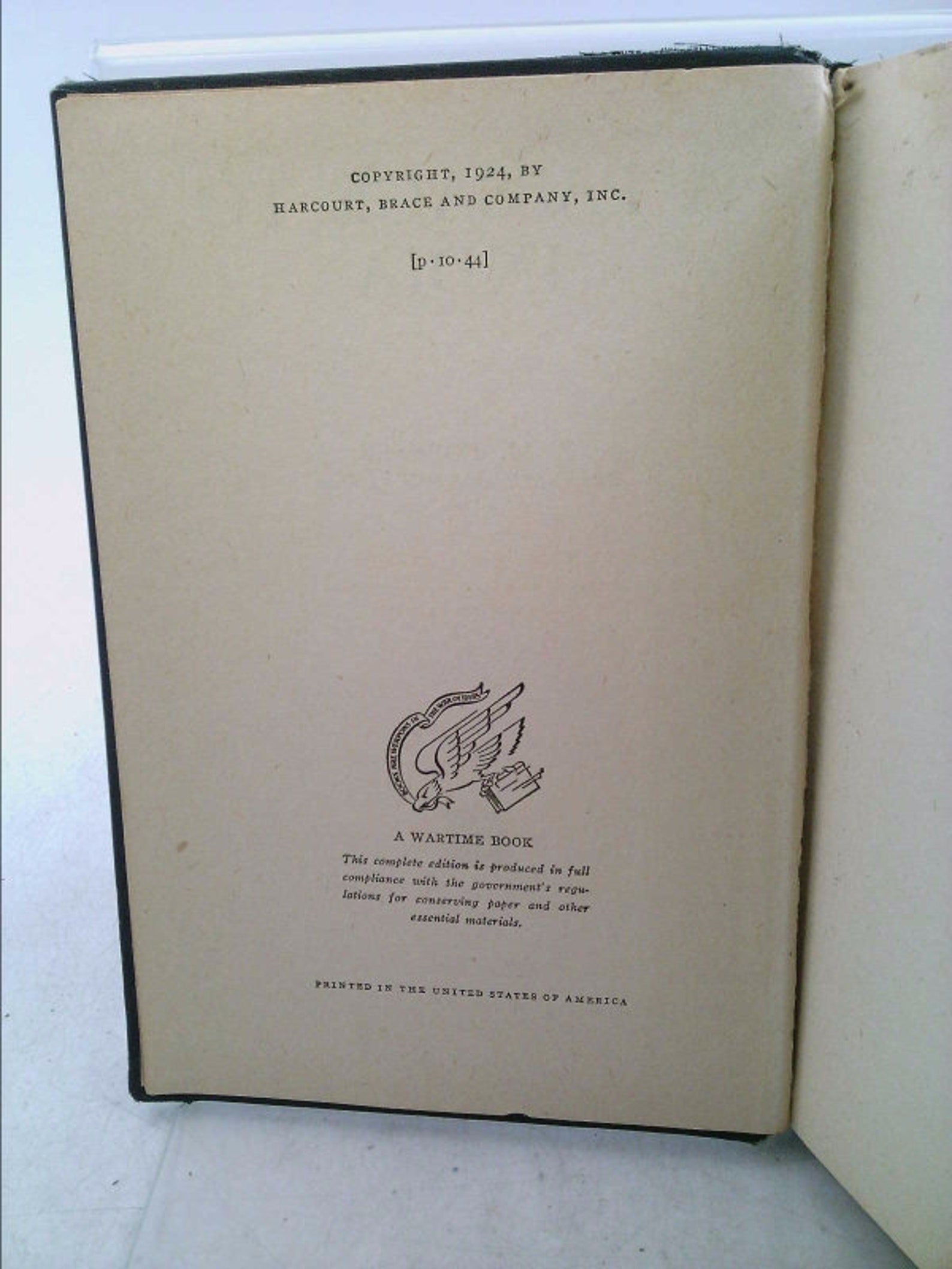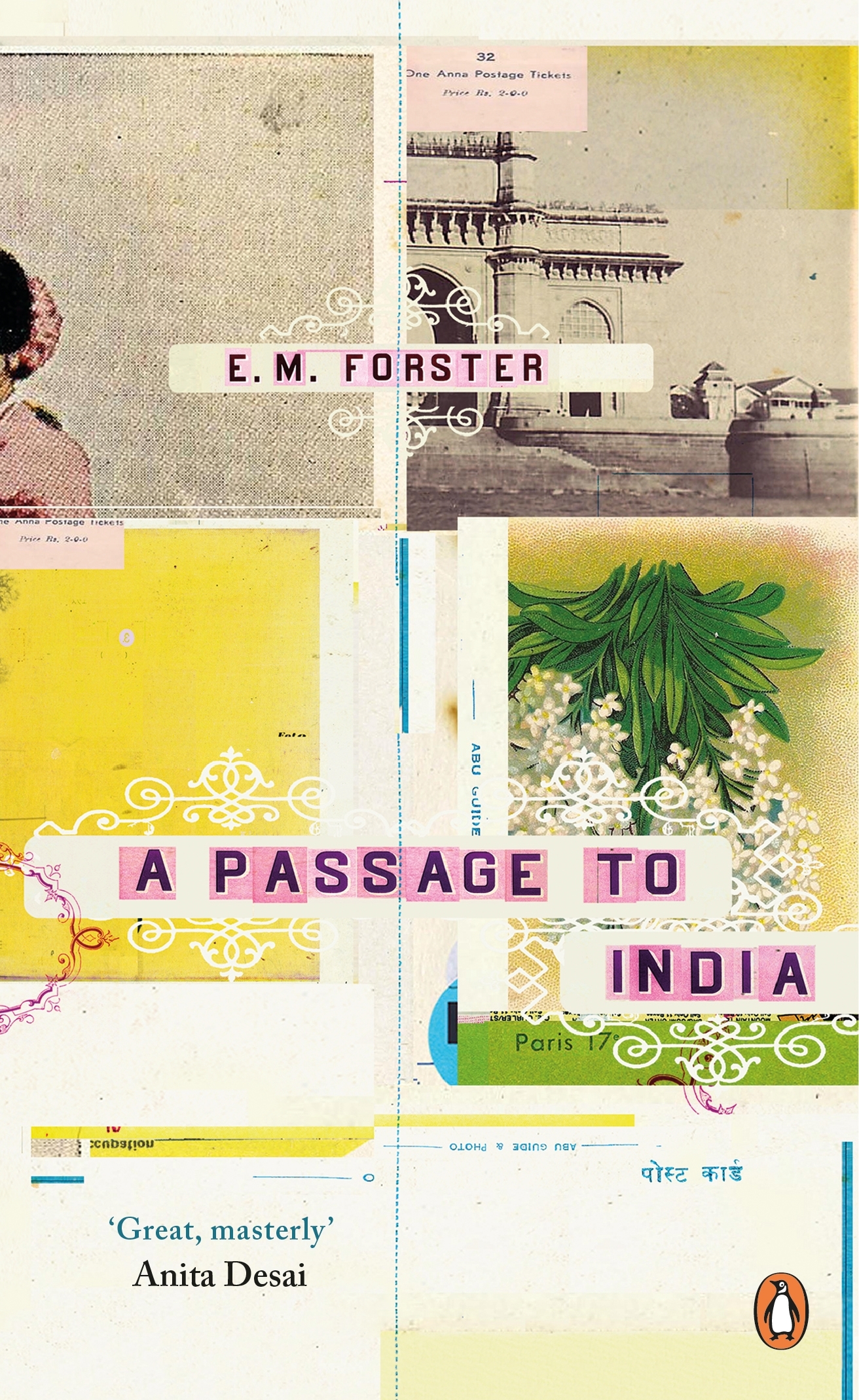

Whitman's poem concerns a spiritual journey and ambitious themes related to technology and progress for Whitman, the British presence in India represents a technologically-driven marvel of modernity.

The novel's title comes from the "Passage to India" section of Whitman's Leaves of Grass (which can be accessed at the Walt Whitman Archive here). It remains widely taught in classrooms and discussed by literary critics.A 1984 film adaptation by David Lean was also a critical success, and earned two Academy Awards. Upon its publication the novel was an immediate success, winning prizes for Forster including the James Tait Memorial Prize for fiction (in 1924). It explores both British and Indian perspectives on British rule, and marks how the damage done by racism can thwart a meaningful cross-cultural encounter even between well-meaning people. To begin reading, scroll down or go directly to Chapter 1.Ī Passage to India, first published in 1924, is one of the most influential novels ever written about life in India under British colonialism.

Forster's Novel, Edited by Amardeep Singh Main Menu Glossary Amardeep Singh c185e79df2fca428277052b90841c4aba30044e1 E.M. A Passage To India (1924) : A Digital Edition of E.M. Please enable Javascript and reload the page. This site requires Javascript to be turned on.


 0 kommentar(er)
0 kommentar(er)
